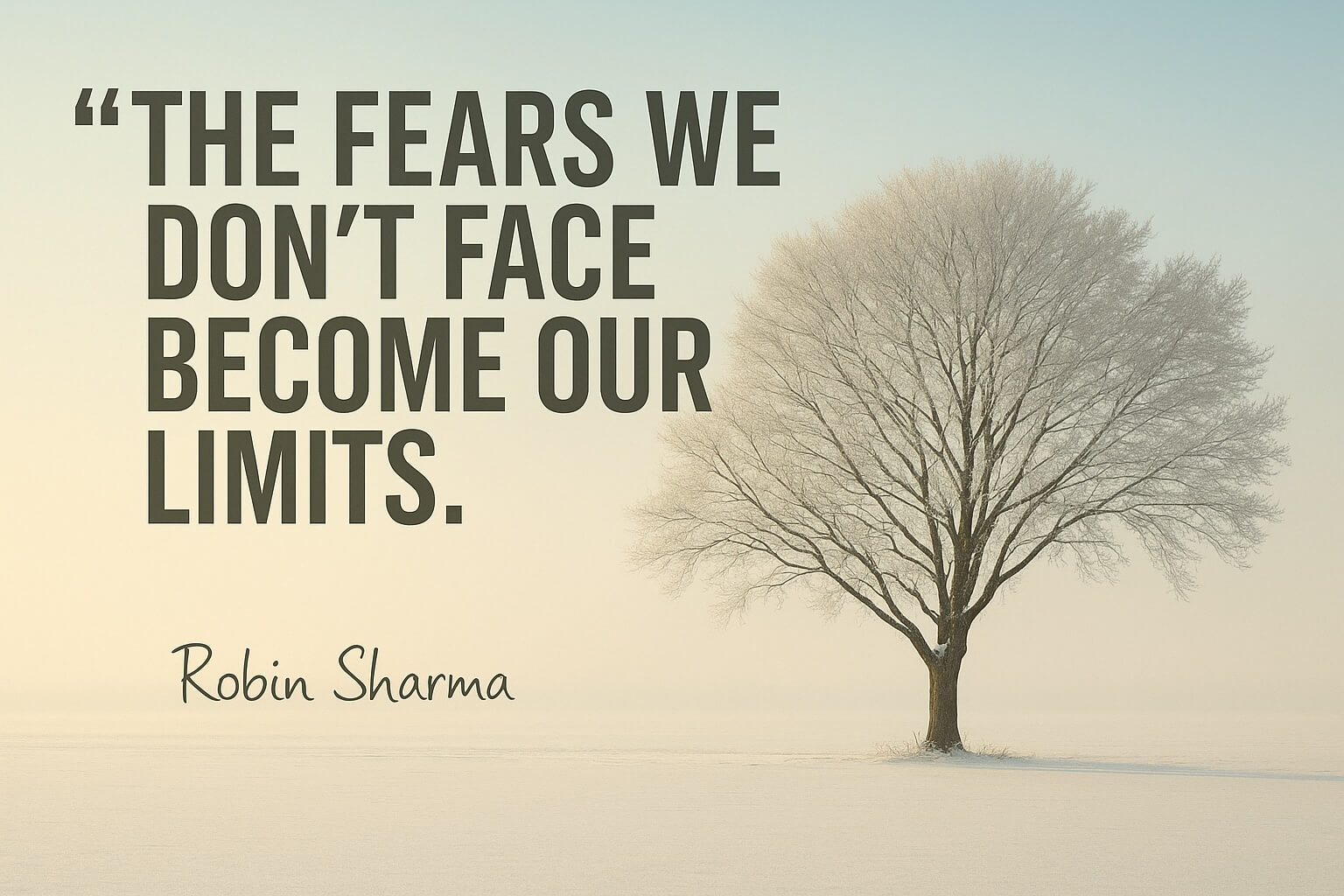From Fear to Understanding: Reframing How We See Dementia

I had a few "Aha" moments this past weekend that made me realize just how prevalent the fear of dementia is in our society, and how we must redirect our thinking to transform how we look at Alzheimer's disease and other forms of dementia.
There are two sides from which this fear is bubbling. The first is the 10,000 baby boomers a day who are turning 65, often seeing their parents or other loved ones experience cognitive decline and living with a halo of terror that this might happen to them. The second is fear of the unknown by caregivers, families, and society at large. By this I mean the fear of how to communicate with someone who has dementia, the fear of caring for them properly, the fear of their reactions, and how to respond.
One of my "Aha" moments this weekend was listening to a couple—care partners—both talking about their journey with dementia. The husband, who is living with Alzheimer's disease (AD), talked about his lifestyle. He exercised, was physically active, maintained a healthy weight and diet, had a college degree, and had strong social connections. He checked off everything on the list that we are told may stave off dementia. Yet he was diagnosed in his 60s with Alzheimer’s. Now living 8 years with AD, he spoke to a crowd and, with the help of notes and a few small prompts from his wife, shared his heartwarming story and message about still living life and being able to live it with joy.
His story resonated deeply because it highlights an important truth: dementia can affect anyone, regardless of how well we prepare. And while that can be scary, it’s also a reminder that our response to the diagnosis matters. Quality of life, purpose, and joy are still possible.
I'm one of the baby boomers who witnessed two parents with dementia—one from Alzheimer’s disease and another from Parkinson’s. My journey changed my life, taking me from caregiver to advocate. I suppose there are times when I think about what my future could hold, but in the meantime, I focus on what I can control. I take care of myself—physically, emotionally, and spiritually. And I help others do the same. My mission is to guide caregivers on their journey from fear to transformation. While it’s not easy, I am living proof that it can be done. And I’ve seen hundreds, even thousands of others do the same. They face their fear by redirecting their thoughts and actions.
The other fear I mentioned is broader, more societal, and requires urgent attention. It’s the fear of the unknown. Another "Aha" moment came from a conversation with the Senior Adult Director at my church. She explained how well-meaning volunteers visit church members in care facilities or home-centered settings. But many become frustrated because they don't know what to say or how to interact with someone who has cognitive decline. Lacking the tools to overcome their fear, they opt to serve in another ministry instead.
This is not a rare situation. It’s a reflection of how ill-equipped we are, as a society, to respond to the needs of those living with dementia. And that lack of preparedness contributes to stigma, isolation, and worse outcomes for everyone involved. When we avoid engaging with people who have dementia because we feel unprepared or uncomfortable, we reinforce the idea that they are separate, unreachable, or difficult. But that isn’t true—we just need better tools.
Family caregivers, professional care partners, employers, and frontline workers in banking, retail, travel, customer service, and healthcare all encounter people living with dementia. The difference between a frustrated, disconnected moment and a compassionate, supportive one often comes down to training and awareness. Dementia care training isn't just a professional development box to check—it's a necessity for creating inclusive, responsive, and caring environments.
That’s where programs like Dementia Live® come in. By providing experiential dementia training, we help individuals understand what it feels like to live with cognitive change. This shifts fear to empathy. It transforms hesitation into action. It replaces confusion with confidence. And for organizations, it creates a stronger culture of care.
Fear comes from not knowing what to expect and feeling out of control. Awareness, education, and practical training are the antidotes. They empower us to act with empathy and effectiveness, whether we are family members, professionals, or community volunteers.
I’m thankful to be part of this movement to transform how we think, feel, and act when it comes to dementia. The more people we reach with experiential education and practical tools, the more hope we bring to families and communities everywhere. We replace fear with understanding, stigma with inclusion, and helplessness with purpose.
By focusing on solutions, we change the future. Not just for those living with dementia, but for the millions of caregivers walking alongside them.
Pam Brandon is the founder of AGE-u-cate® Training Institute and a passionate advocate for older adults and those who serve them. Pam is the creator of the internationally acclaimed Dementia Live® Simulation Education and Training Program.


